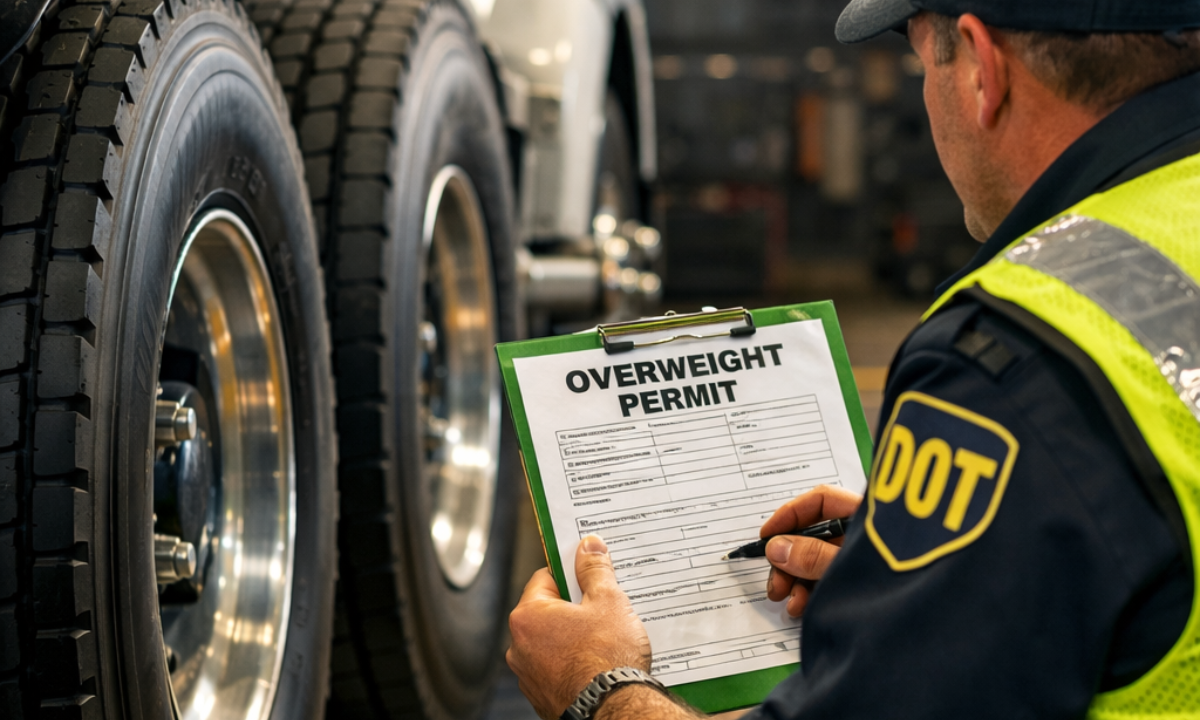Box Truck for Sale: How to Estimate True Value and Avoid a Lemon.
Estimating True Values of Box Truck for Sale in Order Not to Find a Lemon
Buying a box truck for sale can turn out to be a profitable venture for a logistics company, a local delivery service, or an independent business owner. However, merely looking at paintwork and a price tag will hardly enable one to estimate its true market value and avoid a lemon truck. This detailed guide examines every important consideration-from engine condition and maintenance history to value depreciation trends and checklists-wish-useful information for every buyer so that the choice becomes profitable.
Understanding What Does Truly Define the Value of a Truck
The true worth of a box truck depends on several measurable factors: mechanical condition, mileage put on them, body condition, service history, brand names, etc. Trucks from manufacturers with high reputations such as Isuzu, Ford, Freightliner, Hino, and GMC are likely to retain their good resale value on account of good record maintenance and the availability of parts.
Bargaining power will come when the individual calculating the asking price proceeds to check market comparables (recent sales in his/her region), auction results, and dealer listings. Assessments could be made using an internet-based site that has VIN-based estimation tools to provide immediate value estimates. A fair price for a truck sits somewhere between 10 to 15% above or below the average market benchmark calculated for comparable vehicles of similar make and year.
Investigating the Engine and Transmission System
The soul resides in the heart of every box truck, which is the engine. Always check for fluid leaks, colors of smoke, oil levels, and the condition of the coolant. Clean running and fair degree of responsiveness with good compression would mean the engine is healthy. Check for knocking or rattling sounds while cranking the engine and idling.
The transmission system — whether manual or automatic — should shift smoothly with no jerk or grind. Check the transmission fluid: it must be clear, not burnt or smelling metallic. Bad shifting or slipping often point to costly secret repairs, which deflate the real value of the truck considerably.
Checking Frame Structure Integrity and Condition
The box truck should have a reliable frame and proper chassis alignment. Inspect the underbelly for evidence of rust, corrosion, or welding repairs indicative of past accidents. Look at the condition of suspension members, axles, and cross members. Bent frames and uneven weight distributions are red flags that might suggest the truck was overloaded or involved in an accident.
The cargo box should also be checked for leaks, mildew, or damaged panels. Water stains on the flooring or walls and soft spots on the flooring will indicate that there has been water getting in as this condition will travel quite fast to affect resale value.
Assessing Mileage and Maintenance History
Mileage tells a part of the story. Box trucks with 200,000 well-maintained miles can still do better than a poorly serviced one with 100,000 miles. Always ask for maintenance records, oil change intervals, and which components were replaced.
Fleet-maintained trucks would usually have the most transparency. A regular preventive maintenance checklist with records of filters, belts, bolt-ons, brakes, and fluid flushes is a very good sign of reliability. On the other hand, gaps or missing documentation must be treated with skepticism as they are just hiding the truck’s true wear and tear.
Evaluate Tires, Brakes, and Suspension
Tire condition is a dollar value in safety. Uneven tread wears indicate misalignment or suspension part wear. Replacing anything from 6 tires or more is going to cost you several thousand dollars; hence, this is a huge consideration in determining the total worth of the truck.
The braking system should smoothly operate; namely, rotors, pads, and calipers, without any grinding noise. The suspension system, mostly shocks and leaf springs, should be tight with no excess bouncing or leaning while turning corners.
Electrical and HVAC Systems
Electrical systems are very much important when it comes to the working of the systems and, even later, comfort for the driver. So in this respect, the battery health, alternator output, functional indicators, dashboard lights should be checked. Bad wiring would surely ruin your schedule since no one would want downtime of that sort for fleet operations.
Check whether the HVAC efficiently cools and heats. Poor airflow could indicate blower motor problems or simply a refrigerant issue, whereas noisy fans could be a symptom unto itself. Good HVAC is a blend that keeps the driver happy and protects the equipment, which is crucial in preventing excess moisture from entering the cabins.
Title, Registration, and Accident History
Before settling for any box truck for sale, verify the ownership documents, ensure the vehicle is registered, and check on the title status. Stay away from anything with salvage or rebuilt titles unless you have proof of professional work done to restore it.
With the help of online databases, these can provide great assistance in running vehicle history reports such as Carfax, TruckVIN, NMVTIS, etc. to check for past accidents, flood-damage trucks, or odometer rollback. Trucks with clean title, single ownership, positive history verification, can earn significant resale value.
Estimating Depreciation and Resale Potential
Box trucks depreciate like every other vehicle; still, those in good condition hold their value longer. In general, box trucks lose something like 15%-20% value in their first year and then 10% each year on.
Maximizing depreciation can be achieved by,
- Getting a fuel-efficient engine and reliable brand.
- Always keeping service properly performed at intervals.
- Documenting everything in writing.
This will enhance the lifespan and seal good value on resale someday.
Lemon Trucks
“Lemon” trucks refer to trucks that have so many faults that they cannot be repaired, or their defects keep showing despite repairs having been effected upon them. General red flags include:
- Repeated electrical faults.
- Fluctuations in engine temperatures or loss of coolants.
- Variable patterns in idle speed and irregular starting.
- From a short drive, leaks begin to form.
- Incessant vibration in the cabin.
Always engage a third-party certified inspector before parting with your money. Anything undone above might blind you or hide problems during a dealership presentation.
Smart Buying Strategy for Long-Term Value
Buying a box truck needs the buyer to know different strategies to take a good deal.
- Research price trends before settling on one.
- Request service records.
- Do not overlook a mechanical inspection.
- Do not be emotionally carried away by the looks.
Smart buying thus ensures maximum return on investment, low maintenance cost, and high uptime.
Disclaimer: The information provided in this blog post is for general informational purposes only. While we strive to keep the content accurate and up to date, we do not guarantee its completeness, reliability, or accuracy. Any actions you take based on this information are strictly at your own risk. We are not responsible for any losses, damages, or inconveniences that may arise from the use of this blog.












